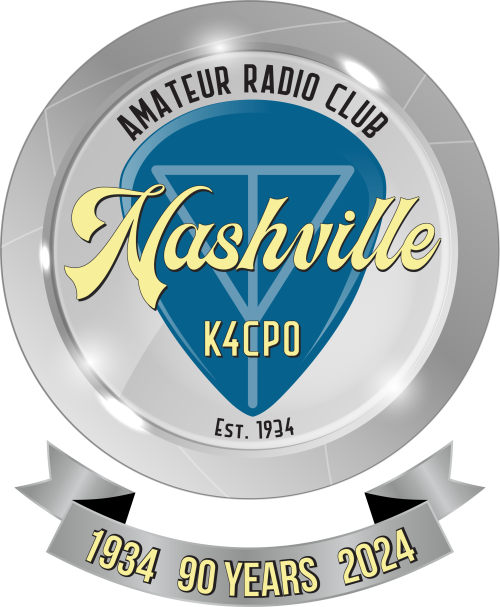On April 22, 2024, students at Pleasant Knoll Middle School in Fort Mill, South Carolina, enjoyed a full day of learning all about amateur radio from the Earth to the stars. In all, nearly 2,000 students learned how to operate VHF, UHF, and HF amateur radios in four sessions throughout the day, as well as listened, watched, and participated in a contact with the International Space Station (ISS), coordinated by the Amateur Radio on the International Space Station (ARISS) program.
Nine volunteers from the York County Amateur Radio Society (YCARS)
Pleasant Knoll Middle School students and science teacher Allison Killowitz during a “space chat” with astronaut Matthew Dominick, KC0TOR, aboard the International Space Station. [Photo courtesy of Section Manager of the ARRL South Carolina Section John P. Gendron, NJ4Z.
helped coordinate the event and ARISS contact. Thirteen students, along with eighth grade science teacher Allison Killowitz, asked astronaut Matthew Dominick, KC0TOR, 23 questions during their 10-minute contact. Their questions ranged from how an astronaut uses the bathroom on the ISS to what astronauts eat. Dominick is also a Navy test pilot, and he’s on the ISS as part of the SpaceX Crew-8 mission.
Four members of the Radio Amateur Satellite Corporation, known as AMSAT, volunteered to help with equipment. They provided the school with a communication trailer and van with 52-foot masts, equipped with high-gain Yagi and vertical antennas, an elevation and azimuthal rotator, and multiple computers and IC-9700 radios. ARRL South Carolina Section Traffic Manager Dean French, N4AJK, helped coordinate and produce a livestream of the event to YouTube channels for the ARRL South Carolina Section, ARISS, YCARS, and YouTuber Steve McGrane, KM9G. Currently, there are 2,000 views between all four YouTube channels. The event was also covered by two local television channels.
ARISS is a cooperative venture of international amateur radio societies and the space agencies that support the ISS. In the US, participating organizations include NASA’s Space Communications and Navigation program (SCaN), the ISS National Laboratory — Space Station Explorers, ARRL, and AMSAT.

